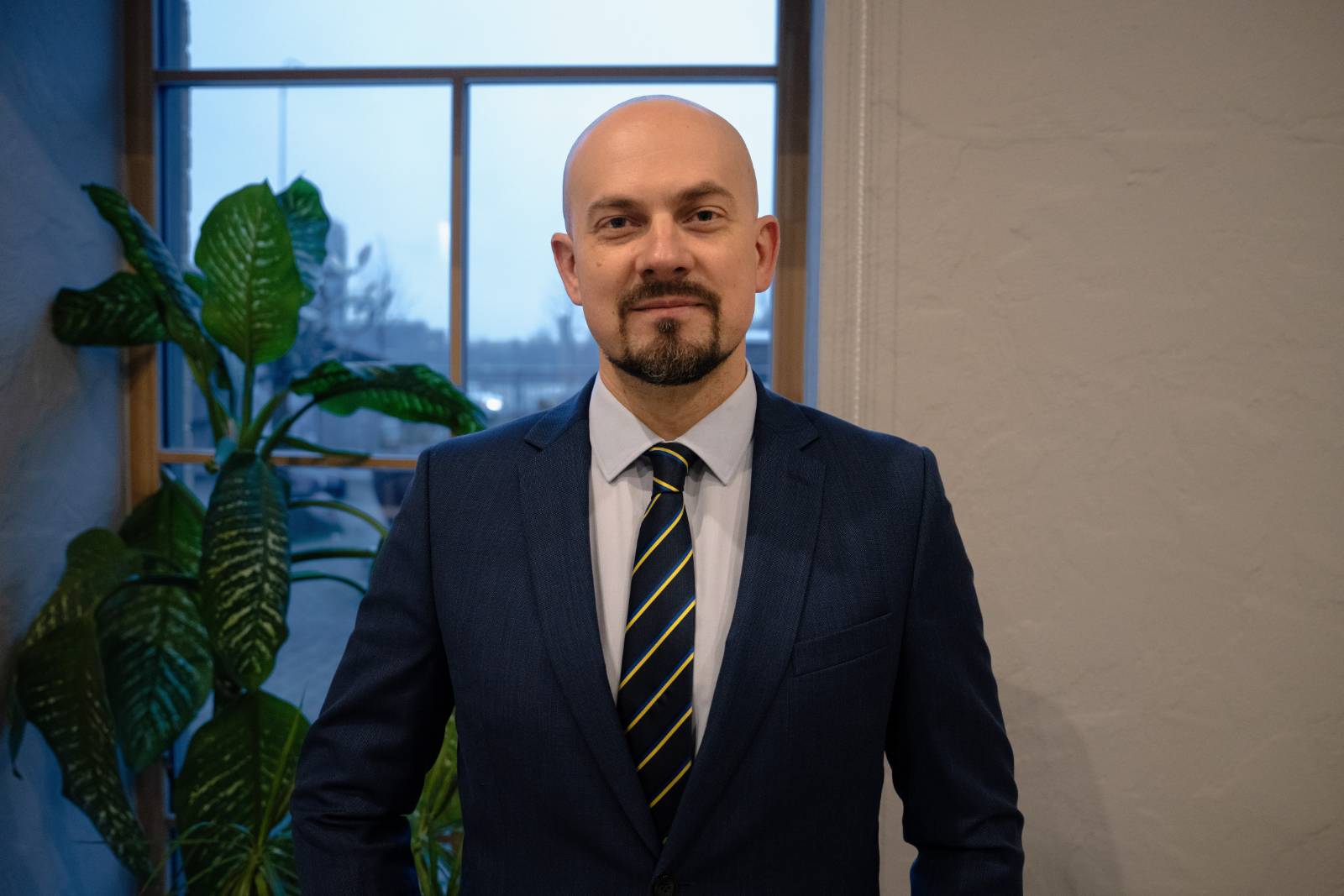28.11.2024
Medicine reserves – are we ready for crises?

Foto: Kaspars Filips Dobrovoļskis
Biruta Kleina
We live in a time when we can no longer pretend that various threats and potential crises do not apply to us and do not affect us. We have survived the Covid pandemic crisis, and now there is a war going on not far from us, and we live next to neighbors who are like an unpredictable time bomb. We can be grateful that our country is free and that we are safe, that we can celebrate holidays with our friends and family, gather together, go about our daily work, and receive the services we need. However, our seemingly normal, comfortable life is not so self-evident and can change incredibly quickly. We must be prepared for all kinds of scenarios and circumstances.
We may not even think about the connections between healthcare and security in our daily lives. But these connections exist. And they are strong. Healthcare is part of the civil protection system. Health and pharmaceutical care, as well as the production and supply of medicines, are an essential part of critical infrastructure and critical services in a crisis situation.
Are Latvia’s medicine reserves currently sufficient? Are we prepared for any potential crisis in this regard? This is a question that has been raised particularly frequently in the public sphere in recent weeks.
Medicine reserves are essential both in times of peace and in crisis situations. For many years, no funds were allocated from the state budget for medicine reserves. We are feeling the effects of this now, when the budget is supposedly in place, but we are unable to act quickly and efficiently to put things in order. This is understandable, as this is indeed a complex issue with many uncertainties and a series of difficult decisions to be made. For example, how to ensure effective circulation so that stocks do not go to waste and do not have to be written off when they expire? How can healthcare institutions, pharmacies and pharmaceutical suppliers be involved to ensure sufficient stocks that are suitable not only for hospitals but also for chronic patients? To address these issues, there is an urgent need for enhanced cooperation with experts from all relevant fields.
Ukraine’s experience at the start of the war was critical. There were shortages of medicines, disruptions to supply chains, sharp price increases and limited purchasing power. All of this taught us how important it is to have a clear system in place for such events – ensuring access to medicines and medical supplies, organized volunteer involvement, controlled reduction of bureaucracy, and facilitated receipt of humanitarian aid. With this knowledge and experience, Latvia must start streamlining processes now. We need to talk, involve experts from the private, public, and non-governmental sectors, understand the goal, and encourage a review of relevant regulations. A clear action plan must be agreed with medicine manufacturers, especially local ones, and the capacity of local manufacturers must be strengthened. The goal cannot be achieved without joint negotiations, discussion and action.
Of course, a number of strategic documents have been drawn up, but is their practical application clear to those who are on the front line in a crisis situation? When we talk to those who are actually doing the work, they do not always know what is expected of them. The strategic framework has been established. Now it is time to start working with people – to provide in-depth explanatory materials, to promote understanding of the role and importance of each individual and also of the organization in a potential crisis situation.
We are capable of unity and solidarity, and this is one of our nation’s greatest values. This has been proven by our history, the Covid pandemic, the current capacity of society to support Ukraine, the agreement reached at the Song and Dance Festival, and a host of other experiences and traditions. I want to believe that we can be like this in all areas, even in times of potential crisis. However, I firmly believe that good results are the fruit of hard work. And this is the moment when the healthcare and security sectors must join forces to do their homework so that we can be confident of the desired outcome and nothing can shake our conviction.
The author is one of the founders of the think tank Resilience of Healthcare Systems.



